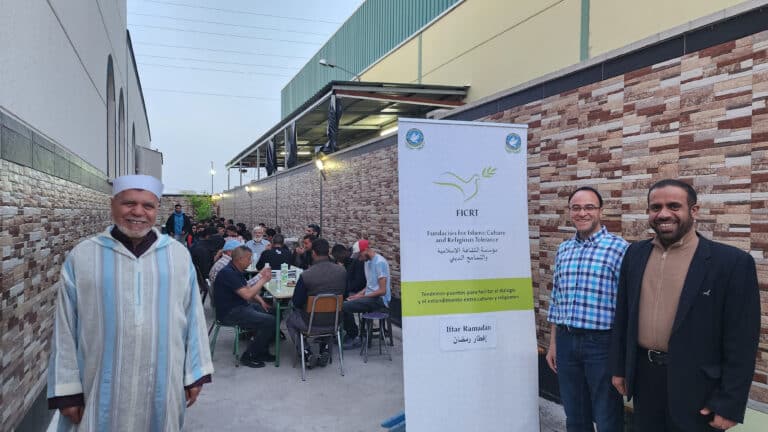The 21st century must be the century of dialogue. Since the year 2000, the interactions and information we have instantaneously from different corners of the Earth have multiplied exponentially. More and more cultures are becoming familiar to us and we can find out what is happening in a remote country and engage in interactions with its inhabitants through social networks. We are, without a doubt, in the era of globalization and digitalization. But are we living in an era of dialogue?
When it comes to dialogue, the issue is more complex. The English word “dialogue” comes from the Greek and means “through”(dia-) of the “word”, of “speech”(-logos). In short, it is not just a matter of exchanging data or information, but of creating effective communication channels between different people. Therefore, in this difference between mere interaction or exchange and full dialogue, we must take into account a whole series of issues.
First, the differential factor of the meeting. Often our accelerated rhythms prevent us from stopping to be able to create the conditions from which dialogue can emerge. Dialogue needs time and space to get to know the other. On the contrary, and as Fadi Daou (2018) points out, “ignorance is a source of fear”. For this reason, it is necessary to create spaces in our societies that enable this framework of encounter and the deepening of knowledge of cultural diversity. Associations, foundations such as the Foundation for Islamic Culture and Religious Tolerance (FICRT) and other civil society platforms have a fundamental role to play in generating these spaces for effective communication and, thanks to their activities, initiatives and projects, can become essential agents in promoting dialogue.
Secondly, for the dialogue we are not asked to leave behind our convictions, our identity, but to be open to the encounter with the other person, his convictions, his culture and beliefs. As Leonard Swidler (1991) points out, in dialogue the conversation must always be bidirectional, so we cannot approach dialogue with another person from a rigid or closed mentality, but rather from a receptive attitude, which does not have to imply a renunciation of our identity. Because the key to dialogue is not that we leave behind what we are, but that we are able to create a common path on which those who, being different, have the same objective, can walk.
The FICRT, whose objectives The importance of this dialogue has also been taken up by UNESCO’s Universal Declaration on Cultural Diversity and by initiatives such as the United Nations (UN) Alliance of Civilizations. In this case, the possibilities for dialogue are centered on the different cultures establishing channels of effective communication and the communication that emerges between them, based on respect for differences and the discovery of multiple convergences and shared interests, can establish a path towards “building social cohesion, reconciliation among peoples and peace among nations,” as UNESCO points out.
Meeting space, open-mindedness based on our own identity, respect for differences and a willingness to build together are essential prerequisites for making our interconnected world a framework for dialogue; a task to which we can all contribute, and in particular foundations such as the IFCRT, whose fundamental objective is the promotion of religious tolerance.






